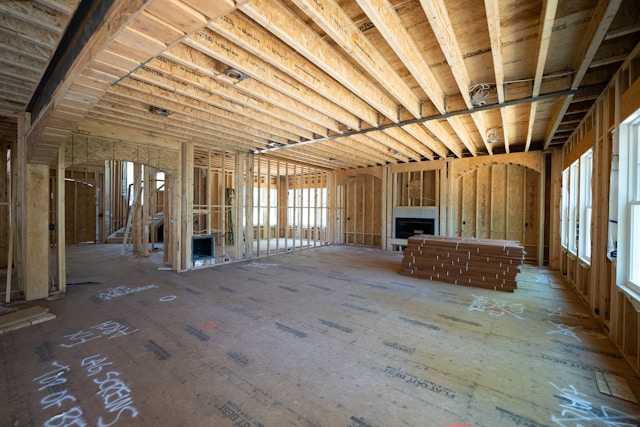In the quest for solving the ever-growing issue of providing affordable housing across the globe, modular homes have emerged as a beacon of hope. Unlike traditional construction methods, modular homes are constructed in a factory setting before being transported and assembled on-site, a revolutionary approach that could drastically change the housing landscape. Exploring prefab home options reveals a variety of designs and configurations, reflecting the versatility of modular construction and its potential to cater to a wide range of housing needs.
The Unique Construction Process of Modular Homes
Imagine building a house like assembling a Lego set. That’s the essence of modular construction. Every piece, or module, is built in a controlled environment, ensuring a high quality that might not be as easily achievable with traditional onsite construction. This method not only guarantees precision but also significantly reduces waste, making it a financially savvy and sustainable choice. Modular homes come with a vast array of design options, including flexible floor plans and customizable features from siding to roofing, cabinets, and countertops, making the dream of owning a personalized home more attainable.
Modular homes are revolutionizing the construction industry with their efficient building techniques. Each module is meticulously designed to connect seamlessly with others, creating a sturdy and cohesive structure upon assembly. The controlled factory environment shields the construction process from unpredictable weather, which can often cause delays and damage in traditional building methods. This indoor construction advantage facilitates a year-round building schedule, increasing productivity and optimizing the output of housing projects.
Bringing Affordability Back Into Housing
The high cost of traditional construction has made owning a home a distant dream for many. However, with prefab home options, this dream is getting closer to reality. By significantly trimming down construction time and utilizing cost-effective materials, modular homes offer a budget-friendly alternative without compromising on quality or design. The streamlined construction process ensures that homes can be completed in a fraction of the time it takes to build a traditional house, leading to additional savings on labor and reducing the financial strain on prospective homeowners.
The affordability factor of modular homes extends beyond the initial costs of construction. These homes are typically built with modern materials that are engineered for longevity, which means reduced maintenance costs over time. Additionally, the modular construction industry often leverages bulk purchasing for materials, resulting in further cost reductions. These savings are generally passed on to the consumer, making homeownership more accessible to a wider population and directly addressing the issue of affordable housing access.
The Green Advantage
In an era where environmental consciousness is at the forefront, modular homes shine brightly as beacons of sustainability. The construction process of these homes is designed to minimize waste, utilize sustainable materials, and reduce the overall carbon footprint. Furthermore, modular homes are often more energy-efficient than their traditional counterparts, boasting features that ensure better insulation and lower energy consumption. This not only benefits the planet but also translates into lower utility bills for homeowners, enhancing the appeal of modular homes in today’s market.
A Future-Proof Solution
The adaptability of modular homes to meet various housing needs and environmental standards positions them as a future-proof solution to the housing crisis. As populations grow and the demand for affordable, sustainable housing increases, the modular home industry is poised for significant growth. Their appeal lies not just in their affordability or environmental benefits but in their ability to provide a quick, responsive solution to the urgent demand for housing in urban and rural areas alike.
In conclusion, modular homes offer a pragmatic and innovative solution to the myriad of challenges facing the housing sector today. From their cost-effectiveness and rapid construction timeline to their environmental benefits and customization options, modular homes represent a significant step forward in the quest for affordable housing. As we continue to confront these challenges, it’s clear that modular homes will play a pivotal role in shaping the future of housing, offering a beacon of hope for many looking to own a home.







